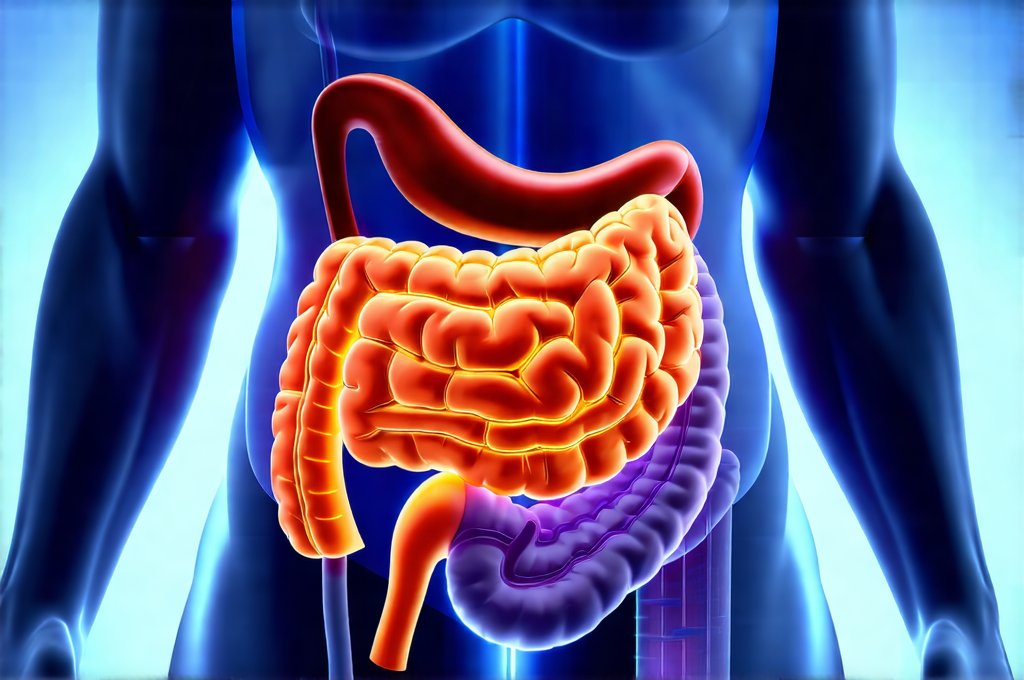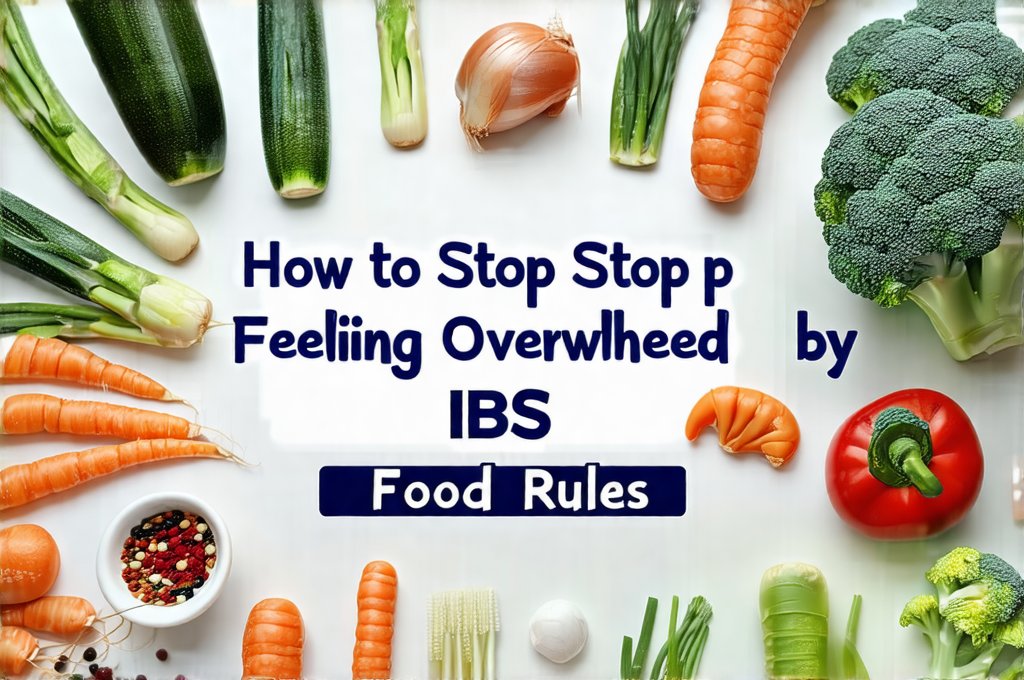Irritable Bowel Syndrome (IBS) is more than just digestive discomfort; it’s often a complex interplay between your gut and your brain. For years, IBS was largely considered a gastrointestinal disorder, but growing research illuminates the profound connection between these two systems – what we now call the gut-brain axis. This bidirectional communication highway impacts not only physical symptoms like bloating, pain, and altered bowel habits, but also mental wellbeing, including anxiety, depression, and stress levels. Understanding this link is crucial for developing a truly effective IBS management plan that addresses the whole person, rather than just focusing on intestinal symptoms alone. It’s about recognizing that what happens in your mind significantly influences your gut, and vice versa, creating a feedback loop that can either exacerbate or alleviate IBS flare-ups.
Traditional approaches to IBS often center around dietary restrictions and symptom management medications, which can be helpful but frequently fall short of providing lasting relief. This is because they don’t necessarily address the underlying neurological and psychological factors contributing to the condition. A comprehensive plan acknowledges this complexity and integrates strategies that support both gut health and brain health simultaneously. This means moving beyond simply avoiding trigger foods and incorporating practices like stress reduction, mindful eating, and potentially even therapies designed to modulate the nervous system. It’s about creating a holistic approach tailored to your individual needs and experiences with IBS.
The Gut-Brain Axis: Understanding the Connection
The gut-brain axis isn’t some abstract concept; it’s a very real physiological connection facilitated by multiple pathways. – The vagus nerve serves as a direct communication line, transmitting signals between the gut and the brain. – The enteric nervous system, often called our “second brain,” is embedded in the lining of our gastrointestinal tract and operates somewhat independently, but still communicates with the central nervous system. – Furthermore, the gut microbiome – the trillions of bacteria residing in our digestive system – produces neurotransmitters and other compounds that influence brain function. This means a healthy, diverse microbiome can positively impact mood, cognition, and stress response. – Finally, the hypothalamic-pituitary-adrenal (HPA) axis, responsible for managing stress, is heavily influenced by gut health and vice versa.
When the gut microbiome is imbalanced – a condition known as dysbiosis – it can lead to increased intestinal permeability (“leaky gut”), inflammation, and altered neurotransmitter production. These changes can then send distress signals to the brain, contributing to anxiety, depression, and heightened sensitivity to pain. Conversely, stress and anxiety can negatively impact gut motility, microbiome diversity, and immune function, creating a vicious cycle that perpetuates IBS symptoms. This bidirectional relationship is why addressing both gut health and mental wellbeing are essential for effective IBS management. It’s not simply about what you eat; it’s about how your brain interprets and responds to what you eat, as well as the overall state of your nervous system.
A key aspect of understanding this connection lies in recognizing that individuals with IBS often exhibit heightened visceral hypersensitivity – an increased sensitivity to normal gut sensations. This means even mild bloating or gas can be perceived as excruciating pain. Stress and anxiety can amplify this hypersensitivity, making symptoms feel more severe and debilitating. Therefore, strategies aimed at calming the nervous system and reducing stress are not just “nice-to-haves” but integral components of an IBS plan.
Dietary Strategies for Gut & Brain Support
Diet plays a crucial role in modulating both gut health and brain function. While there’s no one-size-fits-all IBS diet, certain principles can guide your choices. – Low FODMAP Diet: Often recommended as a starting point, this involves temporarily reducing fermentable carbohydrates that can trigger symptoms in sensitive individuals. However, it’s not meant to be long-term and should ideally be followed with the guidance of a registered dietitian to ensure adequate nutrient intake. – Fiber Intake: Finding the right balance is key. Soluble fiber (found in oats, flaxseeds, berries) can promote regularity and nourish beneficial gut bacteria, while insoluble fiber (in wheat bran, vegetables) may exacerbate symptoms for some. – Anti-Inflammatory Foods: Incorporating foods rich in omega-3 fatty acids (salmon, walnuts, chia seeds), antioxidants (berries, leafy greens), and polyphenols (green tea, dark chocolate) can help reduce inflammation throughout the body, including the gut.
Beyond specific food choices, mindful eating practices are also incredibly beneficial. Pay attention to your hunger and fullness cues, eat slowly without distractions, and savor each bite. This helps improve digestion, reduces stress around mealtimes, and fosters a healthier relationship with food. Focusing on adding nourishing foods rather than solely restricting problematic ones can shift the mindset from deprivation to self-care. It’s also important to identify your personal trigger foods through careful observation and potentially an elimination diet guided by a healthcare professional.
A particularly promising area of research involves prebiotics and probiotics. Prebiotics are fibers that feed beneficial gut bacteria, while probiotics are live microorganisms themselves. Consuming fermented foods (yogurt, kefir, sauerkraut) or taking probiotic supplements can help restore microbiome balance, but it’s crucial to choose strains specifically researched for IBS symptoms – a registered dietitian can offer guidance here. Remember that probiotics aren’t a quick fix and may not work for everyone.
Stress Management & Nervous System Regulation
Chronic stress is a major exacerbating factor in IBS, so incorporating effective stress management techniques is paramount. – Mindfulness Meditation: Regular mindfulness practice can help calm the nervous system, reduce anxiety, and improve body awareness. – Deep Breathing Exercises: Techniques like diaphragmatic breathing activate the parasympathetic nervous system (the “rest and digest” response), counteracting the effects of stress. – Yoga & Tai Chi: These practices combine physical movement with mindful breathing, promoting both physical and mental wellbeing.
Neurofeedback is an emerging therapy that uses real-time feedback on brainwave activity to help individuals learn to self-regulate their nervous system. It can be particularly helpful for reducing anxiety and improving gut function. Gut Directed Hypnotherapy has also shown promising results in modulating visceral hypersensitivity and improving IBS symptoms by targeting the brain’s perception of gut sensations. These therapies are best undertaken with a trained professional, as they require specialized expertise.
The goal isn’t to eliminate stress entirely – that’s unrealistic – but rather to develop coping mechanisms that help you manage it effectively. Identifying your personal stressors and creating healthy boundaries is also essential. This might involve setting limits on work commitments, learning to say “no” more often, or prioritizing self-care activities like spending time in nature or pursuing hobbies. Prioritizing sleep is equally important as chronic sleep deprivation exacerbates stress levels and disrupts gut health.
Movement & Lifestyle Factors
Physical activity isn’t just good for your overall health; it also plays a significant role in managing IBS symptoms and supporting the gut-brain connection. – Regular Exercise: Moderate exercise can improve gut motility, reduce stress, and enhance mood. – Low Impact Activities: Choose activities you enjoy that don’t put excessive strain on your digestive system. Walking, swimming, cycling, and yoga are all good options.
Beyond exercise, consider the impact of lifestyle factors like sleep quality and social connection. Aim for 7-9 hours of quality sleep each night, as sleep deprivation disrupts gut health and increases stress. Cultivate strong social connections and spend time with loved ones – social support can buffer against stress and promote emotional wellbeing. Creating a routine that prioritizes self-care is essential for long-term IBS management.
Finally, don’t underestimate the power of connection to nature. Spending time outdoors has been shown to reduce cortisol levels (a stress hormone) and improve mood. Even a short walk in a park can be incredibly restorative. Remember that managing IBS is an ongoing process, not a destination. Be patient with yourself, celebrate small victories, and seek support from healthcare professionals when needed. A holistic approach that addresses both gut health and brain health is the key to unlocking lasting relief and improving your quality of life.




